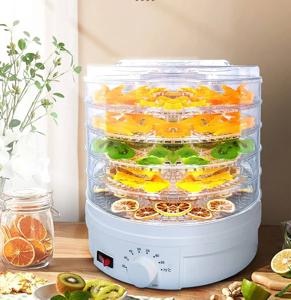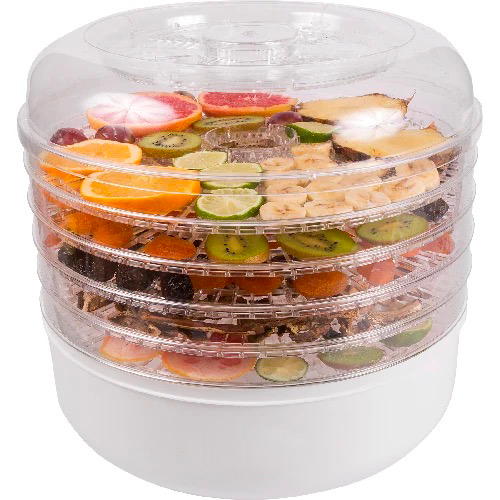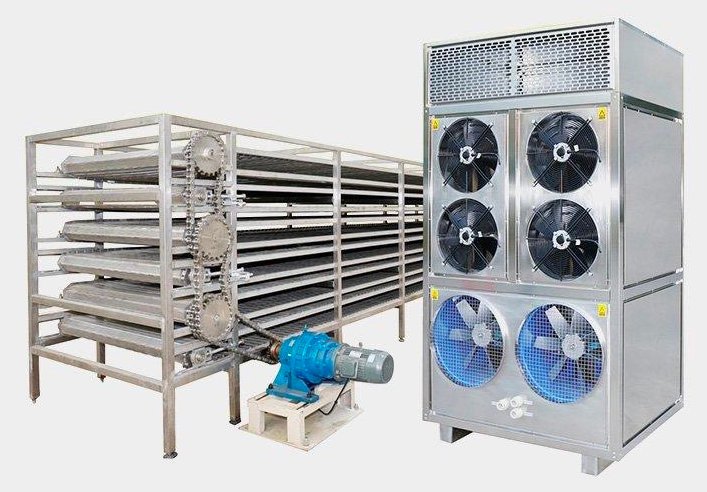
Content Menu
● Understanding the Heat Pump Dryer
● Why Clean the Condenser?
● Tools Needed for Cleaning
● Step-by-Step Cleaning Instructions
>> Step 1: Turn Off and Unplug the Dryer
>> Step 2: Locate the Condenser
>> Step 3: Remove the Access Panel
>> Step 4: Take Out the Condenser
>> Step 5: Rinse the Condenser
>> Step 6: Dry the Condenser
>> Step 7: Clean Other Components
● Additional Maintenance Tips
● Troubleshooting Common Issues
● The Importance of Regular Maintenance
● Conclusion
● Frequently Asked Questions (FAQs)
>> 1: How often should I clean my heat pump dryer condenser?
>> 2: What happens if I don't clean my dryer's condenser?
>> 3: Can I use soap when cleaning my condenser?
>> 4: Is it safe to clean my heat pump dryer myself?
>> 5: What tools do I need for cleaning my heat pump dryer?
Maintaining your heat pump dryer is crucial for ensuring its efficiency and longevity. One of the most important aspects of this maintenance is cleaning the condenser. In this article, we will provide a detailed guide on how to clean the heat pump dryer condenser, including step-by-step instructions, tips, and precautions.

Understanding the Heat Pump Dryer
Heat pump dryers are energy-efficient appliances that utilize a closed-loop system to dry clothes. Unlike traditional dryers that vent hot air outside, heat pump dryers recycle the air within the machine. This process involves a condenser that converts moisture from the air into water, which is then collected in a tank or drained away. Regular cleaning of the condenser is essential to maintain optimal performance.
Why Clean the Condenser?
Cleaning the condenser helps in:
- Improving Efficiency: A clean condenser allows for better airflow and more effective drying.
- Reducing Energy Consumption: A dirty condenser can lead to longer drying times, which increases energy usage.
- Preventing Damage: Regular cleaning prevents lint buildup that can cause blockages and potential damage to the dryer.
Tools Needed for Cleaning
Before you start cleaning your heat pump dryer condenser, gather the following tools:
- Vacuum cleaner with a brush attachment
- Soft cloths
- White vinegar or a non-abrasive cleaner
- Spray bottle
- Warm water
- Old toothbrush (for scrubbing)
Step-by-Step Cleaning Instructions
Step 1: Turn Off and Unplug the Dryer
Before starting any maintenance work, ensure that your dryer is turned off and unplugged from the power source. This is crucial for your safety.
Step 2: Locate the Condenser
Refer to your dryer's user manual to find the exact location of the condenser. Typically, it is located at the bottom of the machine behind an access panel.
Step 3: Remove the Access Panel
Using a screwdriver or your fingers (depending on your model), carefully remove the access panel to expose the condenser. Be cautious not to damage any clips or hinges.
Step 4: Take Out the Condenser
Once you have access to it, gently remove the condenser unit from its compartment. Some models may have locking mechanisms that need to be disengaged first.
Step 5: Rinse the Condenser
Take the condenser to a sink or shower area. Use warm water and rinse it thoroughly to remove any lint and debris. If there are stubborn spots, use an old toothbrush dipped in warm soapy water to scrub gently.
Step 6: Dry the Condenser
After rinsing, allow the condenser to air dry completely on a towel or drying rack. Ensure that no moisture remains before reassembling it back into the dryer.
Step 7: Clean Other Components
While you have access to the interior of your dryer, take this opportunity to clean:
- Lint Filter: Remove and clean it under running water.
- Water Tank: If your model has a water tank, empty and clean it as well.
- Interior Drum: Wipe down with a mixture of equal parts vinegar and water to prevent odors.

Additional Maintenance Tips
In addition to cleaning your heat pump dryer condenser regularly, consider these additional maintenance tips:
- Inspect Hoses and Vents: Regularly check hoses for kinks or blockages. Ensure that any vents are clear of debris.
- Monitor Performance: Pay attention to how long it takes for clothes to dry. If you notice an increase in drying time, it may indicate that cleaning is needed.
- Use Appropriate Settings: Make sure you're using the correct drying settings for different types of fabrics. Overloading can also affect performance.
- Check for Leaks: Inspect around your dryer for any signs of water leaks which may indicate issues with drainage or condensation.
Troubleshooting Common Issues
If you encounter problems with your heat pump dryer after cleaning, consider these common troubleshooting steps:
1. Dryer Not Heating: Check if there are any error codes displayed on your machine. Ensure that all components are reassembled correctly after cleaning.
2. Water Not Draining: If you have a model with a drainage system, make sure there are no blockages in hoses or filters.
3. Unusual Noises: Listen for any strange noises during operation; this could indicate loose components or foreign objects inside.
4. Odors During Drying: If you notice unpleasant smells while using your dryer, this could be due to mold growth in damp areas. Ensure thorough cleaning and drying of all parts.
5. Increased Energy Bills: If you see a spike in energy usage, it might be time for another cleaning session or professional servicing.
The Importance of Regular Maintenance
Regular maintenance of your heat pump dryer not only extends its lifespan but also ensures safety in your home. Appliances that are not properly maintained can pose risks such as electrical fires or leaks that can damage flooring and walls.
Investing time in routine checks can save you money on repairs and replacements in the long run. A well-maintained appliance operates more efficiently, which translates into lower utility bills—a win-win situation for both your wallet and environmental sustainability.
Conclusion
Cleaning your heat pump dryer condenser is an essential task that ensures efficient operation and prolongs its lifespan. By following these steps regularly, you can maintain optimal performance and avoid costly repairs down the line. Remember that prevention is always better than cure when it comes to appliance maintenance.

Frequently Asked Questions (FAQs)
1: How often should I clean my heat pump dryer condenser?
You should clean your heat pump dryer condenser every 2-3 months or more frequently if you use it often.
2: What happens if I don't clean my dryer's condenser?
Neglecting to clean your dryer's condenser can lead to reduced efficiency, longer drying times, increased energy consumption, and potential damage to your appliance.
3: Can I use soap when cleaning my condenser?
It's best to avoid using soap on your condenser; warm water is usually sufficient. If necessary, use a non-abrasive cleaner for tough spots.
4: Is it safe to clean my heat pump dryer myself?
Yes, as long as you follow safety precautions such as unplugging the appliance before cleaning and handling components carefully.
5: What tools do I need for cleaning my heat pump dryer?
You will need a vacuum cleaner with a brush attachment, soft cloths, white vinegar or non-abrasive cleaner, a spray bottle, warm water, and an old toothbrush for scrubbing.












